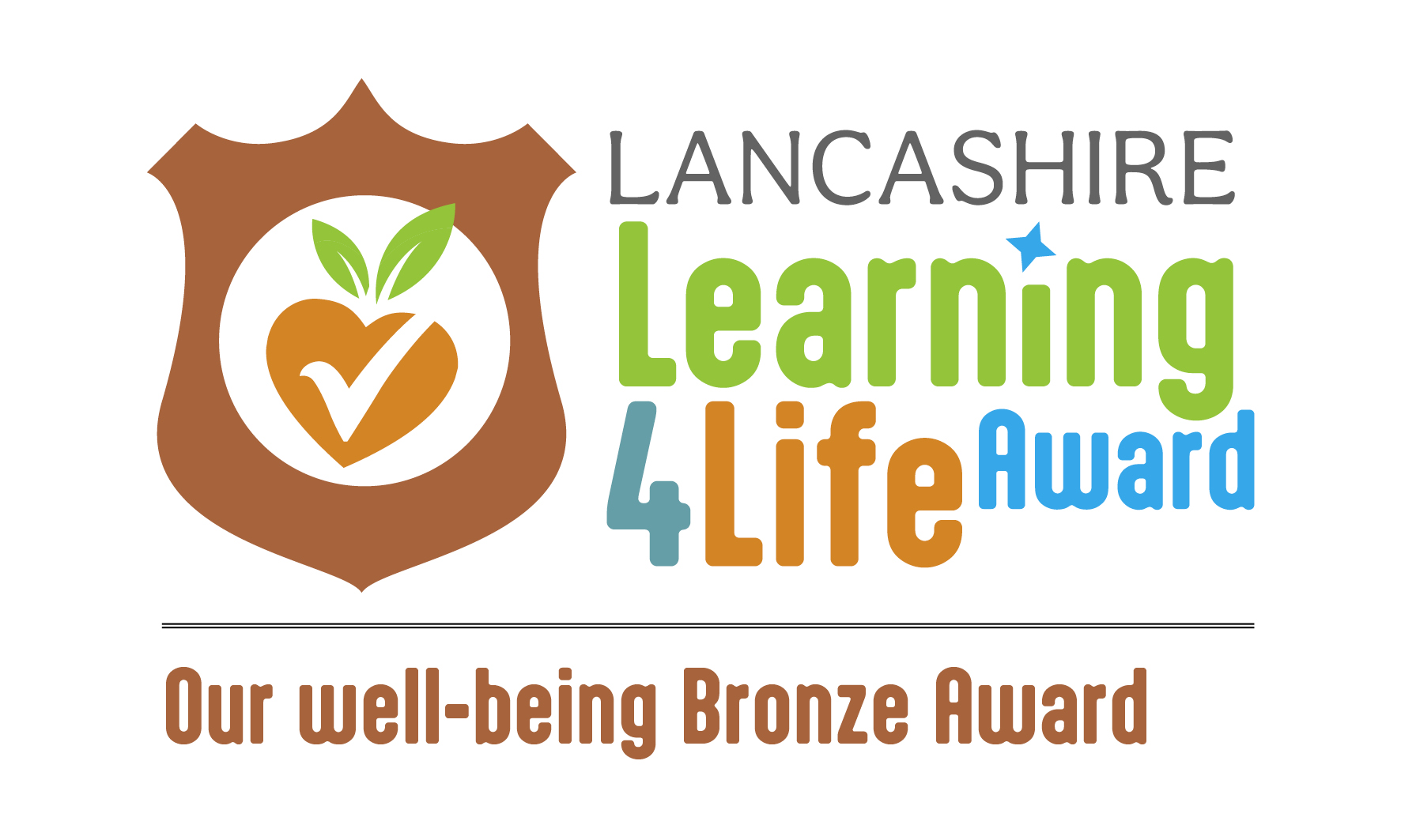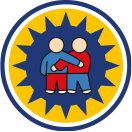Personal, Social and Emotional Health (PSHE)
The aims of personal, social, health and economic (PSHE) education in our school are to:
- Provide a safe and secure learning environment for PSHE education that enables children to gain accurate knowledge to make informed choices in life.
- Develop their own values and attitudes, and develop skills to grow into happy, confident and successful adults.
- Ensure members of staff are role models for positive interpersonal relationships.
- Develop confidence and responsibility and make the most of their abilities.
- Prepare to play an active role as citizens through developing skills for living and valuing themselves and respecting others.
- Develop a healthy lifestyle.
- Contribute to their community and the wider world and become morally and socially responsible.
- Develop healthy relationships and respect the differences between people.
- Understand rights, responsibilities and how society is organised and governed.
We aim for our pupils to play a positive role in contributing to the life of the school and the wider community, which is also achieved through our curriculum coverage of the Oxfam Seven Global Themes .
Whilst promoting our curriculum intent, we ensure that pupils are offered a balanced programme based on relevant local data and information (Health LSIP). This is used to inform planning and to address the identified needs of the whole school community e.g. road traffic accidents, attendance at A&E, alcohol and drug use, social deprivation, teenage pregnancies, career and life chances, self-harm, oral hygiene.
How we teach PSHE
Below outlines the discrete PSHE lessons by Key Stage:
- EYFS- 20 minute discrete session weekly
- Key Stage 1- 30 minute discrete session weekly
- Key Stage 2- 45 minute discrete session weekly
At Park Primary School, we believe that PSHE should be embedded into our curriculum and the ethos of the school through:
- SCARF assemblies
- Anti-Bullying Alliance
- Adam’s Champions
- School Council
- Oxfam’s Global Themes
- Money Mentors (Debt Aware)
- Building Bridges
- Community links
- Dentistry visits
- SCARF RSE puberty sessions (KS2)
- Life Education sessions
- First Aid sessions across school
- Right Start road safety
- Positive Footprints
- Water safety and road safety talks
- Blue Cross dog safety
- NSPCC
- Visitors such as Paul Sturgess (Tallest Man, women in STEM)
- Online safety
- BCyberwise sessions (SCARF)
- Mental Health awareness
- Identity and Diversity events (e.g. Odd Sock Day, Autism awareness)
- Sporting clubs and enrichment clubs
- Cultural Capital
- Open classrooms for RSE issues
- Sepsis awareness day
All children receive a weekly timetabled PSHE lesson in class, which allows a safe and secure environment for children to discuss, debate and reflect on the key outcomes planned from our SCARF curriculum (which addresses statutory outcomes).
Weekly sessions are delivered by both teachers and teaching assistants using a range of teaching methods, such as assemblies, whole class Circle Time, paired or group discussions and individual reflection time. Where possible, we invite visitors, professionals and external contributors into school to deliver sessions specifically to enhance learning.
Work or evidence of PSHE lessons is recorded in the SMSC books. This may include photographs of children/work, a written log of conversations, thoughts and feelings, SCARF supported learning and evidence of visitors in class. We encourage pre and post-learning reflections.
We have the following posters displayed around school and utilise these in our lessons and practices to embed knowledge around the following areas:
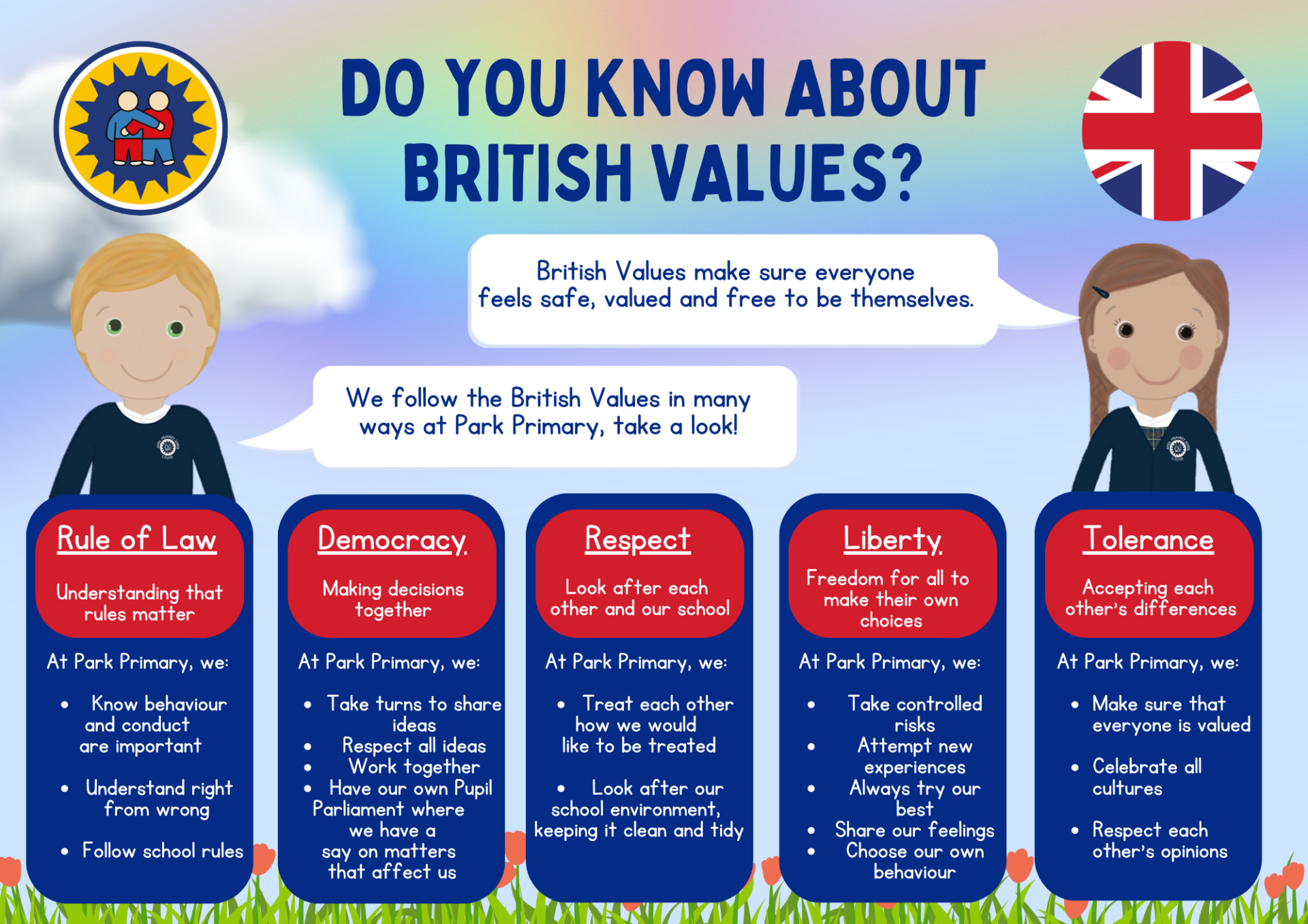
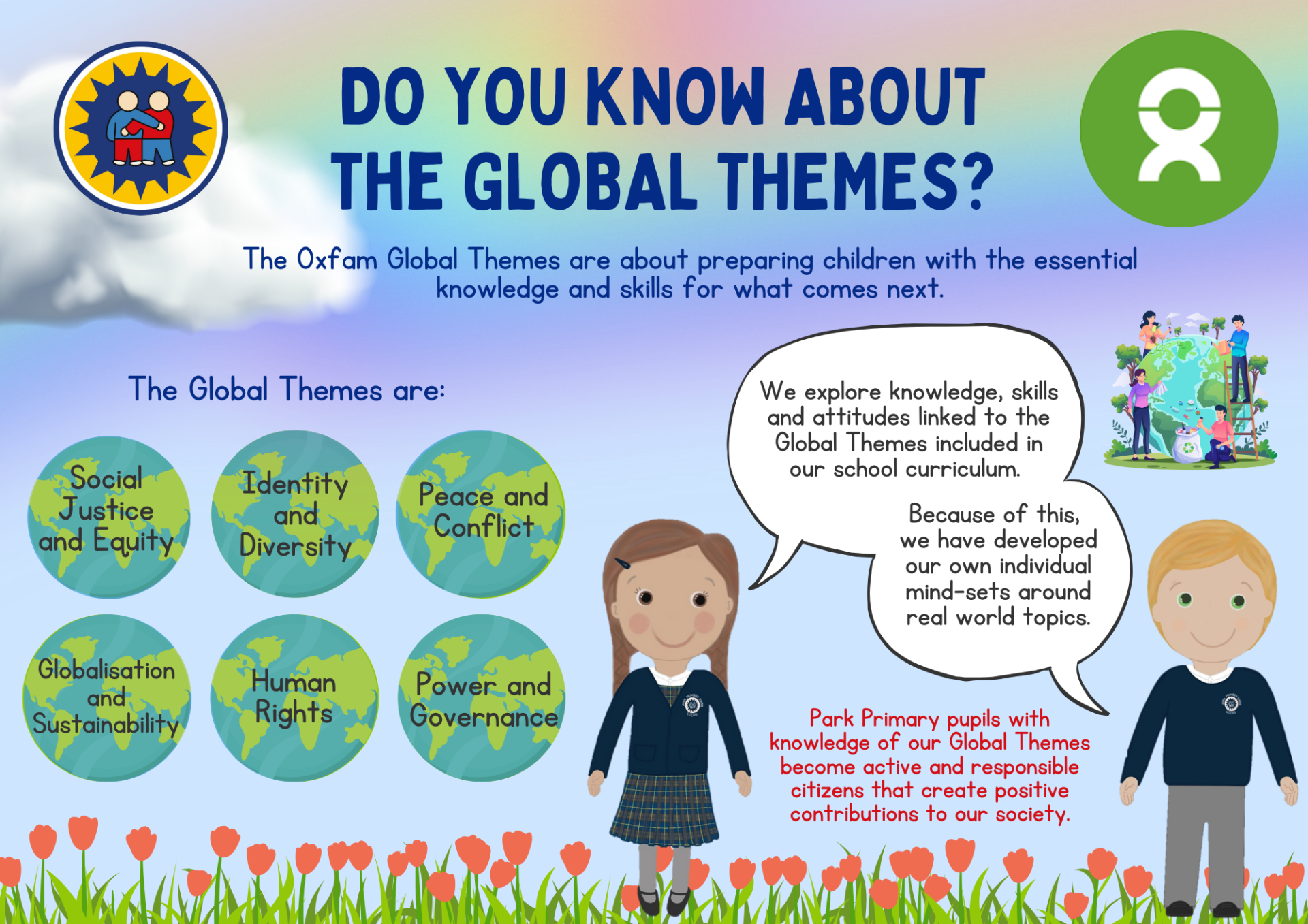
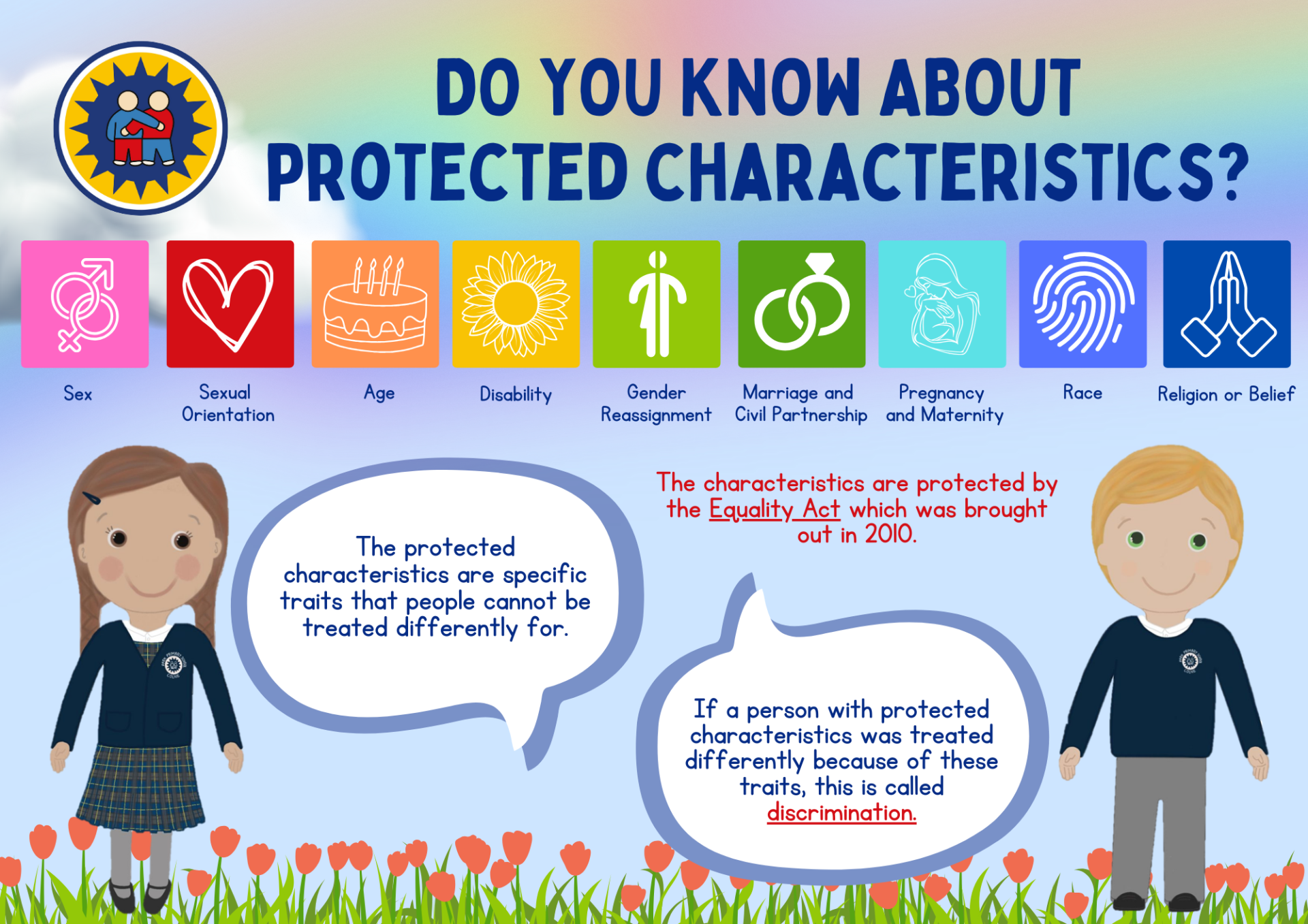
Lancashire Learning 4 Life Award
- Living Safely
- Our Lives Beyond School
- Our Wellbeing
- Our Relationships
- An equal and diverse society
- Being a responsible citizen
